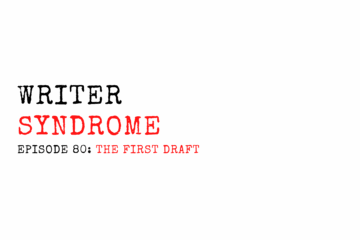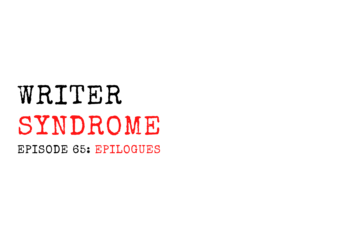I think prologues get a bad wrap. I mean, some deserve it, but that’s because the writer used it incorrectly or didn’t pay off what was setup in the prologue. That happens all too often, which leaves readers skipping them because they aren’t useful. Some editors, writers, critics, will say why not just start the story at chapter one? What is this pre-fluff you’re presenting me with that isn’t getting to the story at hand. There in lies the issue. Prologues should not be fluff. They should be a brief mini-story that sets up the world, the current situation, the tone/mood, or why characters might be a particular way. They can be used to set the stakes that future characters will have to deal with. I enjoy a good prologue that is separate from the story, but offers clues as to what might come. Foreshadowing a twist in the third act, or a discovery that changes the story. I’m currently working on my second book and I wrote this scene that I loved. It doesn’t quite fit anywhere but I think it’s a perfect prologue situation. It’s from the antagonist’s POV, who has a moment of conscious. A moment of realizing the damage he’s doing, the brutality he’s enacting. It’s set in the past but sets up future characters motivations, and has a ripple effect that spirals outward into the lives of those closest to him. He’s doing a bad thing, but tries to make up for it. How will other characters feel about this when they discover the truth? How will that change their relationships? And at what cost will each go to find the truth or cover it up? Will they even want to discover the truth, because knowing will change their world view of someone important to them? All that from a prologue!! I get more into Prologues, their usefulness, their downfall, and what they should be, in episode 64 of Writer Syndrome. Check it out!
Categories: Writing


